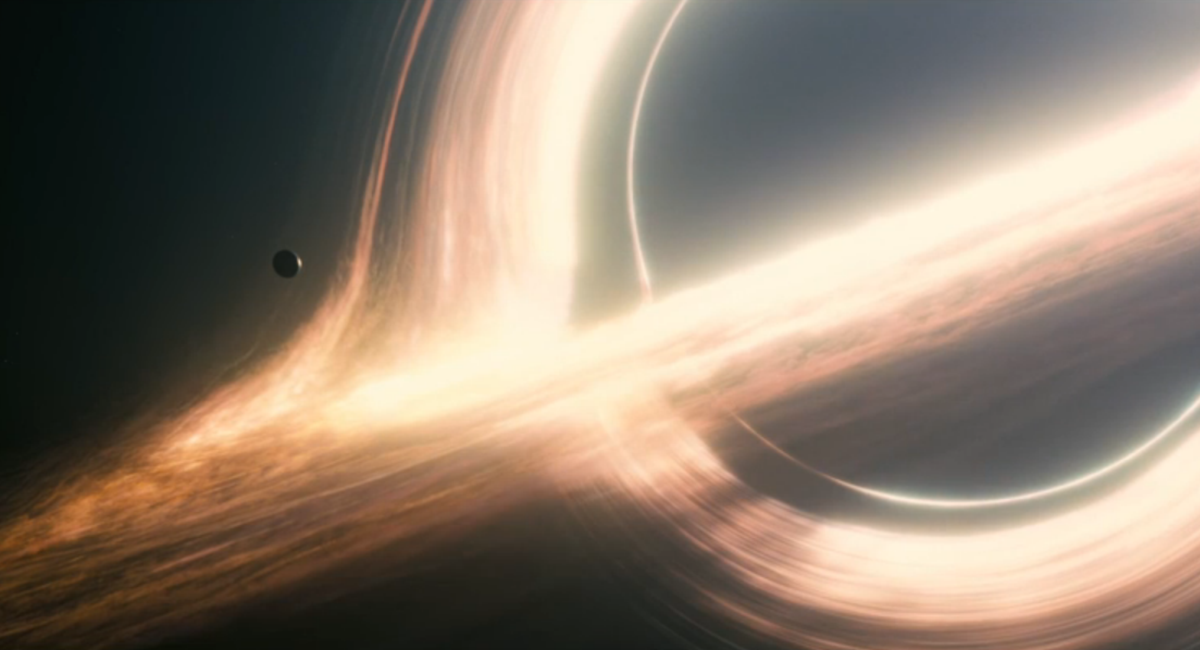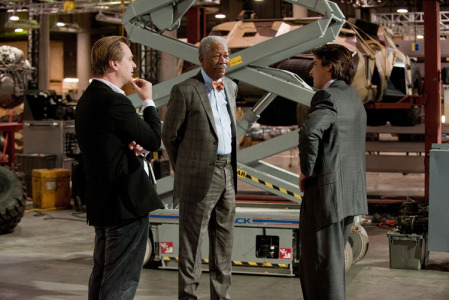For many, Christopher Nolan was the whole package. A little bit indie, a little bit blockbuster, his films had something for everyone and seemed sure to be hits amongst both critical and public circles. His development from Insomnia and Memento, all the way up to the Batman trilogy and Inception was, for some, near flawless. And thus we waited with baited breath for the long anticipated release of Interstellar.
Somewhere along the way, though, something seemed to go a bit wrong. Following years of waiting for his latest release, critics seemed a little sniffy in their reviews and audiences, well, a little bit flat. It seemed that there was nothing wrong exactly with Nolan’s latest offering just that it didn’t really seem to be a true piece of Nolan cinema. Of course, there were many who loved Interstellar but, compared to his most recent offerings, the general consensus just seemed a little underwhelming. Whilst he dabbled in familiar Nolan fare, the end result was just a little less meaningful than it has been before. Despite the spectacle and awe on the screen, everything was tainted ever so slightly with the sound of money running through eager hands.
Has Nolan become victim to his own hype? It seems that, a la Ridley Scott’s Prometheus, after being bombarded with months upon months of media pushing and spoilers, when it comes to the moment, nothing can be as good as we need it to be. Interstellar’s release was announced almost in the direct aftermath of the frenzy of The Dark Knight Rises. We felt like we hadn’t had our fill of Nolan’s fare and therefore, craved more and now. In the well told tale of cinema, it seems that, sometimes, there can be too much of a good thing and perhaps, marketers should know when to sit down and shut up.
When he started out, Nolan made his name as a great storyteller, wowing us with his imagination and cinematic intelligence. In Memento, Nolan revealed to us his interest in time, in its paradoxes and impossibilities. A detective film of sorts, the film runs in reverse, telling the story of a man suffering short term memory loss as he searches for his wife’s killer. Showing brief snapshots of time which runs backwards, the audience is as disoriented as the film’s protagonist, gaining insight only through retrospect. A deceptively simple idea, Memento allowed Nolan to show us his love for the story and his investment in the cinematic narrative. With Nolan, you could be certain that what was on offer was both intelligent and cinematically entertaining, two opposing ideas in much of mainstream cinema.
Insomnia continued in much the same vein, repackaging the murder mystery as it focused on its central character. Casting Robin Williams as the bad guy, the film had to find a way to induce intrigue in an audience who had already solved the key to the central murder plot. Set in the white nights of Alaska, Insomnia is dizzying and queasy, following the journey of Al Pacino’s detective as he becomes increasingly malfunctioning due to sleep deprivation. Much like the central character in Memento, Insomnia’s protagonist struggles with his conception of time, living incessant day, unable to differentiate one moment from the next. If Nolan is the master of anything then surely it’s the ability to bend the rules of cinematic time and, in doing, so, enable us to think differently about real time.
Nolan’s adaptations of the Batman story were possibly one of the best received superhero film series in all of cinematic history. Readjusting the somewhat dislocated mess left from Tim Burton’s contribution to the stories, Nolan placed the superhero in a much more sinister and dark setting. Whilst the narrative arc of the movies had to go a certain way to meet the requirements of the genre, they still managed to carve a unique niche of their own, altering the way directors would consider similar work in the aftermath. Through the Batman films, another Nolan trope was born: The unspecified and irritatingly open ending. Man, does Nolan know how to keep us hanging.
Then there was Inception. Truly coming out of left field, Inception was perhaps the work which made the world sit up and pay attention to Nolan. To this day, it is the most intelligent blockbuster perhaps ever to grace the screens of multiplex and arthouse screens in equal measure. Is it a Hollywood epic? Is it an arthouse film? Truly, Inception is so lasting because it defies cinematic categorisation. There was talk that Inception was a gift of sorts to Nolan from Warner Brothers, following the huge box office success of The Dark Knight. Whilst this is obviously a false claim, it only goes to prove the power of the Nolan brand: With Inception, it seemed that it was finally cool for mainstream cinema to be thoughtful and intelligent. Blockbusters truly no longer have the ability to be mindless for the sake of it and it is to Nolan that we must nod our heads in thanks.
The difference between the success of Interstellar and Inception is primarily down to exposure. Were Interstellar to have crept up on audiences in the same way as Inception, perhaps it would have enlightened its audiences a little more than seems to have done. Of course, we must not forget that where Nolan is concerned, we will always be living in a post-Inception world and therefore, we will probably not experience the same feeling again. But that is okay. As he has proved throughout his entire filmography, Nolan is not afraid of a new idea. It just seemed that, maybe this time, he became too consumed with his own mind bending status and tried to promise us the entire world and all that lay beyond. And if we have learned anything from Interstellar, it’s that promises don’t always turn out how we may hope they would.



